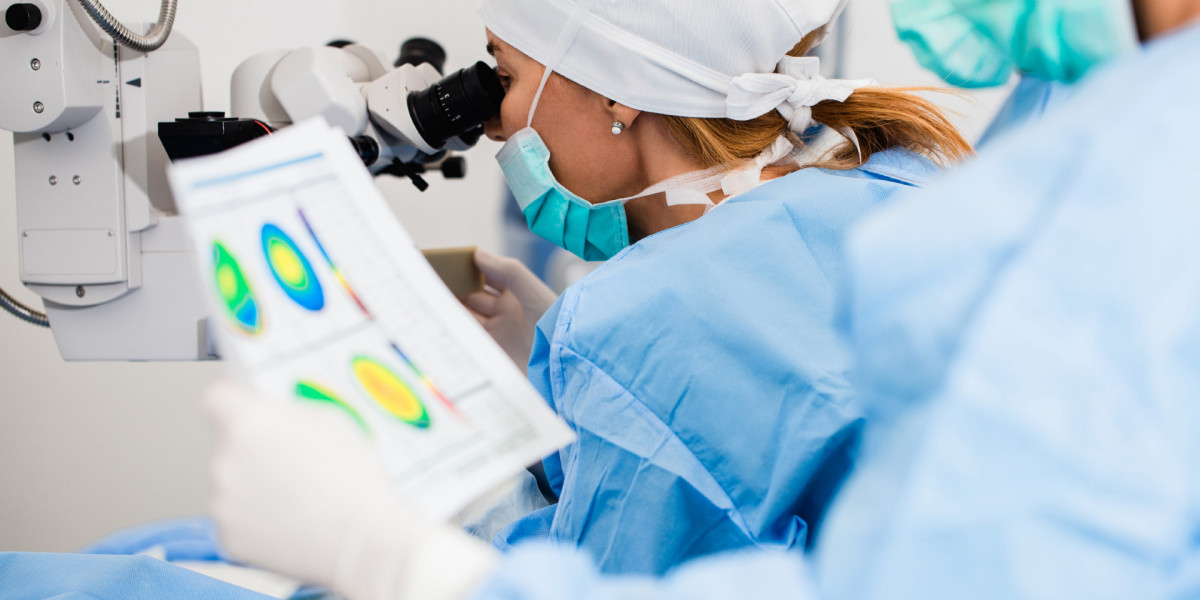Lens replacement surgery offers a promising solution for vision correction, but understanding the recovery process is crucial for a successful outcome. While the procedure itself plays a significant role in improving your vision, the recovery period also plays a crucial part in ensuring optimal results. In this article, we'll delve into the key aspects of recovery after lens replacement surgery, providing you with a clear path to vision improvement.
Initial Recovery Period
Immediate Postoperative Phase: After lens replacement surgery, you will spend a short time in a recovery area, where the medical team will monitor your condition. Once you are deemed stable, you can return home. It's essential to have a friend or family member available to drive you home, as your vision may be temporarily blurry due to the effects of the surgery and anesthesia.
Follow Your Surgeon's Instructions
Adhering to Postoperative Instructions: Your surgeon will provide you with specific postoperative instructions to promote a smooth recovery. This may include using prescribed eye drops, avoiding strenuous activities, and protecting your eyes from bright lights and irritants. Following these instructions diligently is essential for minimizing the risk of complications and optimizing your healing process.
Rest and Relaxation
Give Your Eyes Time to Heal: During the initial days after surgery, it's crucial to rest your eyes as much as possible. Avoid activities that could strain your eyes, such as reading for extended periods or using digital devices excessively. Rest and relaxation allow your eyes to heal and reduce the chances of discomfort or complications.
Managing Discomfort
Dealing with Discomfort: Some mild discomfort or irritation is normal during the initial recovery period. Your surgeon may recommend over-the-counter pain relievers or provide you with prescription medications to manage any pain or discomfort. If you experience severe or persistent pain, it's important to contact your surgeon promptly.
Gradual Improvement in Vision
Patience for Clearer Vision: While you may notice improvements in your vision shortly after surgery, it's important to understand that your vision will continue to improve gradually over the following days and weeks. Your brain needs time to adjust to the new intraocular lens, and your eyes will need to heal fully before you experience the full benefits of the procedure.
Follow-Up Appointments
Attending Follow-Up Appointments: Your surgeon will schedule a series of follow-up appointments to monitor your progress and ensure that your eyes are healing as expected. These appointments allow your surgeon to address any concerns you may have and make any necessary adjustments to your postoperative care plan.
Returning to Normal Activities
Gradual Resumption of Activities: As your vision improves and your surgeon gives you the green light, you can gradually resume normal activities. However, it's important to avoid activities that could strain your eyes, such as heavy lifting, intense exercise, or swimming, until you receive clearance from your surgeon.
Long-Term Results
Enjoying Long-Term Benefits: The recovery period after lens replacement surgery is a temporary phase that paves the way for long-term vision improvement. Many individuals experience significant improvements in their vision quality and clarity, enabling them to enjoy activities without the constant need for glasses or contacts.
Conclusion
Patience and Care for Optimal Results: Recovery after lens replacement surgery is a crucial stage in your journey to better vision. By following your surgeon's instructions, allowing your eyes to heal, and attending follow-up appointments, you can maximize the benefits of the procedure. With patience, care, and adherence to postoperative guidelines, you'll be on a clear path to experiencing the full advantages of improved vision and a higher quality of life.








